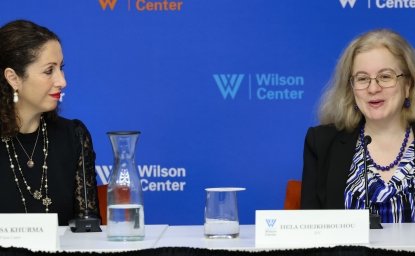Healthy Women, Healthy Economies: A Look at Brazil


“Globally, women face obstacles to entering, advancing in, and remaining in the workforce as a result of gender discrimination, harassment, and a lack of supportive, gender-sensitive policies.” –Healthy Women, Healthy Economies: A Look at Brazil
Women’s economic empowerment is essential to gender equality. Economically empowered women exercise increased control over resources, as well as their own time, lives, and bodies, which aids in their overall health and well-being. Health-related issues, such as non-communicable diseases, lack of access to family planning services, and maternal health complications, greatly impede women’s ability to engage in the workforce. Many workplaces also lack gender-sensitive policies that take into account women’s specific needs, such as paid leave, flexible work schedules, and adequate reporting mechanisms for sexual harassment and violence. The report notes that women are heavily involved in the unpaid and informal work sectors due to the burden of caregiving and other domestic responsibilities, which prevents women from becoming economically empowered.
The report also highlights the Healthy Women, Healthy Economies (HWHE) Policy Toolkit, which compiles global good practices for governments, companies, and NGOs to include and retain women in the workforce with a closer look at the implementation of the toolkit in Brazil.
In partnership with EMD Serono, the biopharmaceutical business of Merck KGaA, Darmstadt, Germany, in the United States and Canada, the Wilson Center has been examining the health and economic empowerment of women in the workforce. The Healthy Women, Healthy Economies: A Look at Brazil was written to explore the intersections of women’s health and well-being and their economic empowerment.
Healthy Women Healthy Econo... by The Wilson Center on Scribd
Authors


Maternal Health Initiative
Housed within the Wilson Center's Environmental Change and Security Program, the Maternal Health Initiative (MHI) leads the Wilson Center’s work on maternal health, global health equity, and gender equality. Read more

Explore More
Browse Insights & Analysis
How Education Can Empower Young Women in MENA

Empowering the Changemakers of Today: Young Women

